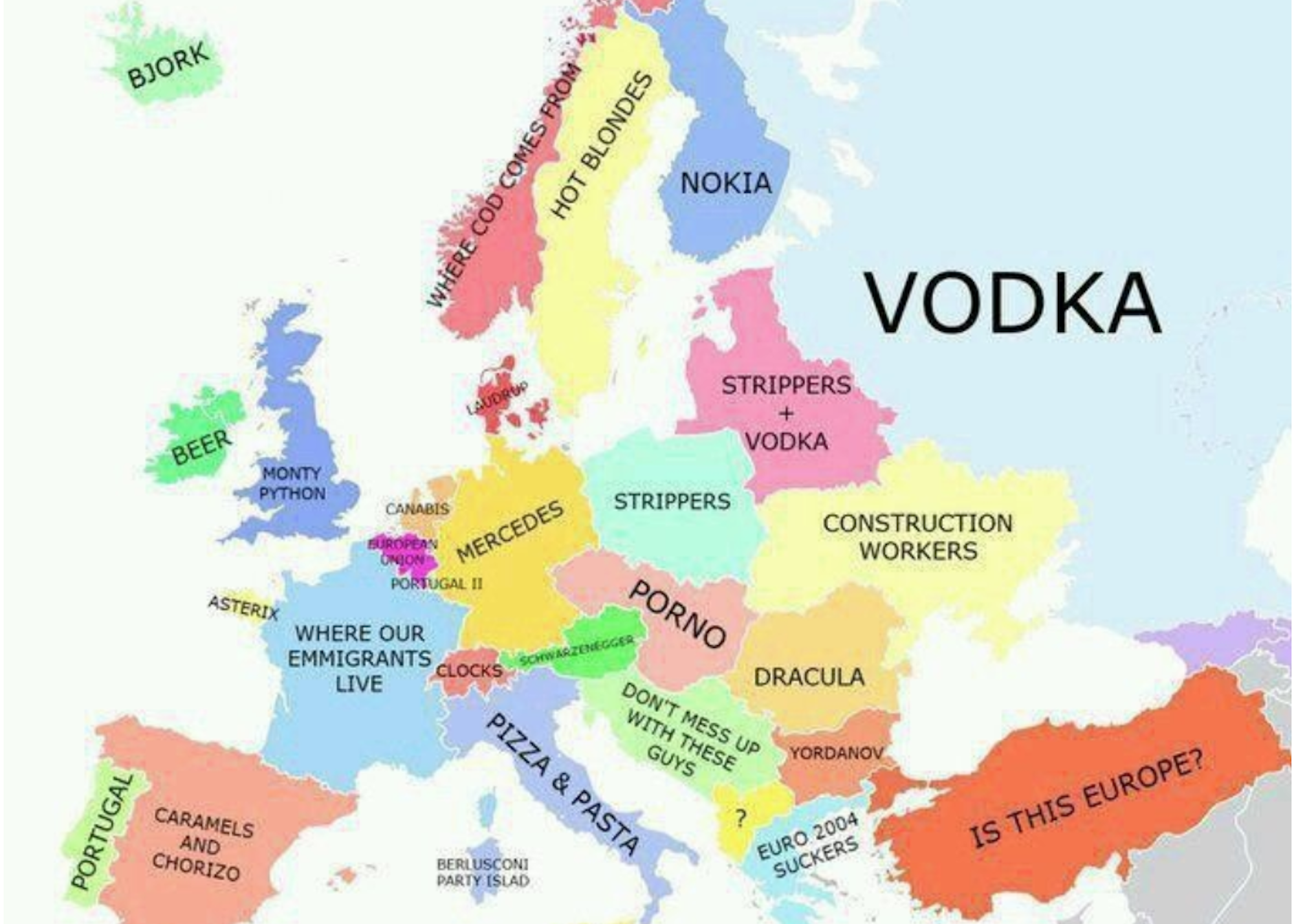In the two pieces from “Twentieth-Century Europe,” we see juxtaposed opinions on the state and roles of different countries following the close of the Second World War. We see William Beveridge looking inward for the future of Great Britain: “we in Britain should look first to putting our own house in order and dealing with things which are within our own power, before we try to put the whole world in order (Beveridge 506).” Beveridge seems to speak very paternalistically about the role of Britain. Asking first they seek isolationist policies to better Great Britain and then try to put the world in order as if it is a duty they must complete. While perhaps speculatively, this idea of a strong and independent Britain seems to foreshadow Brexit. Beveridge’s remarks counter Jean Monnet’s Eurocentric approach. Monnet’s words argue for European superiority, exceptionalism, and unity. Excited by the first time that they “were able to go to the United States without having to ask for anything (Monnet 559),” Monnet seems to have a disdain for what he might feel to be European inferiority following the Second World War. I ask then how different national and continental views arose and were accepted in post-war Europe. What are the benefits and consequences of an Anglocentric approach and a Eurocentric approach? How might these have been shaped?

Europe’s Long Twentieth Century (HIS270 S20)
Modernity in the Making